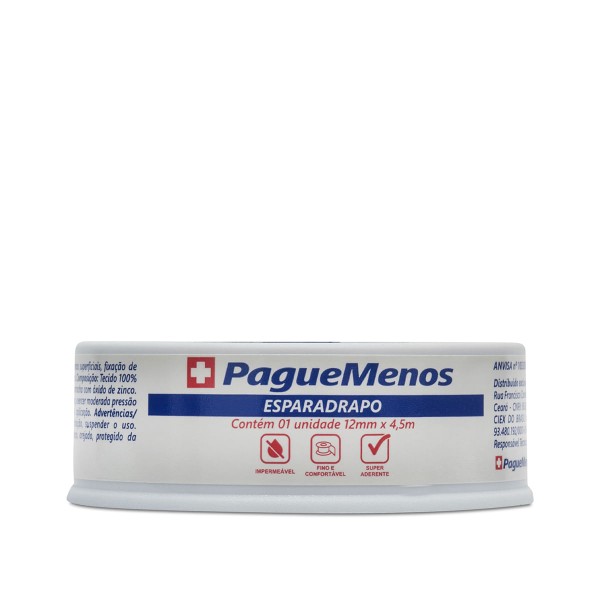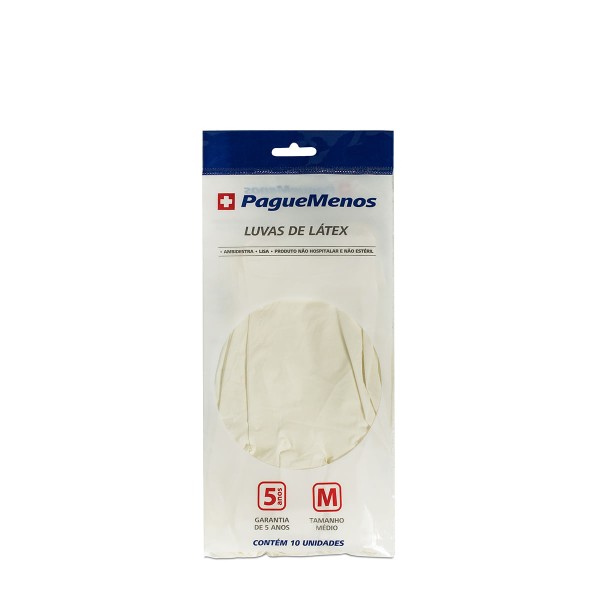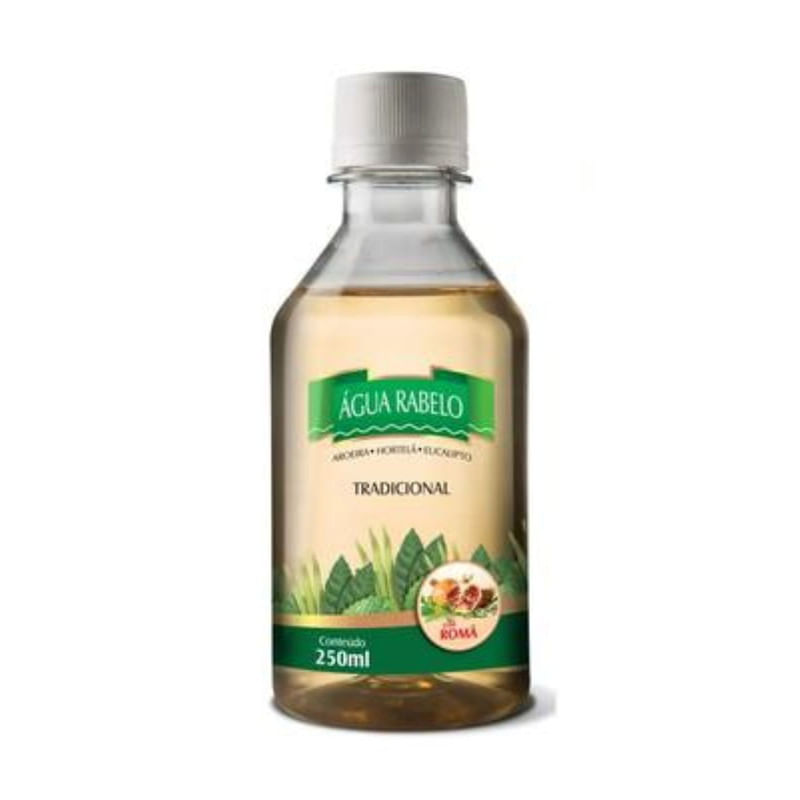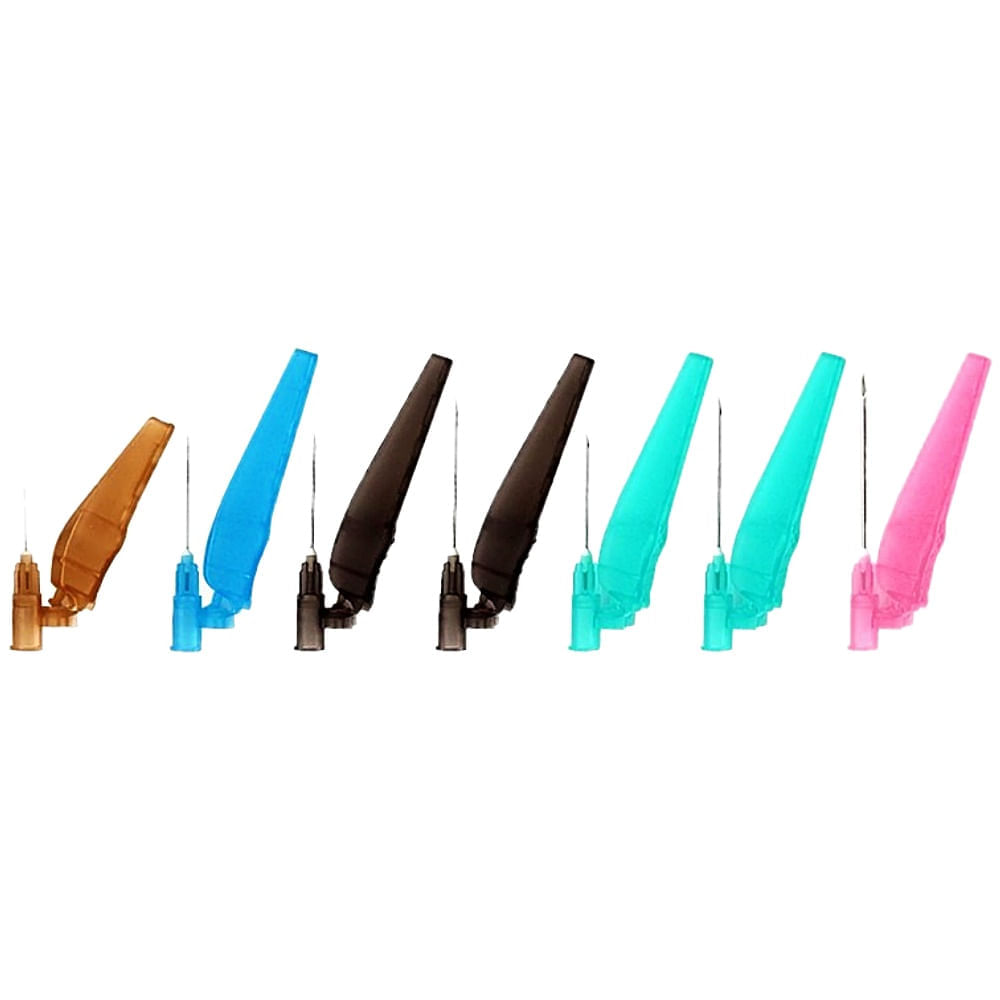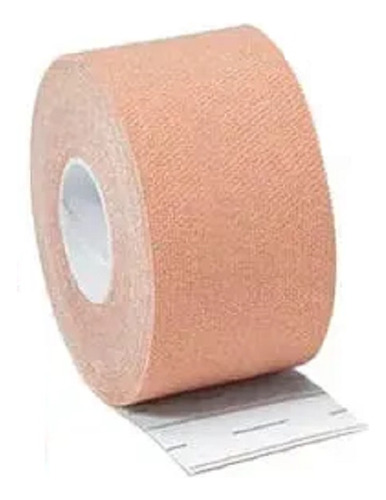Filtre os resultados
Categorias
Medicamentos e Saúde > Primeiros socorros >
Algodao Disco Be Better 100un Lv100 Pg80
Histórico de preços
Ficha Técnica e Modo de uso:
Algodão Disco Be Better 100 Unidades
Como quem comprou avalia este produto
April 27 2025
Really excellent video, and something I’ve been thinking about lately. Do we really need 180g records? In a world where the cost of living has significantly increased, mainly due to rising energy costs, I’m wondering if the world really needs 180g vinyl. One of the best sounding records I own is on 120g vinyl and it sounds amazing. Thanks for posting this.
April 27 2025
too much plastic is a bad thing ! . i always thought 180 gram is unnecessary , i always thought it was marketing tool by the manufacturers and record companies to charge more money ... been a record buyer for 35 years and i dont think i own one 180 gram record
April 27 2025
Only thing I have noticed is 180gm creates more static than thiner vinyl.
April 27 2025
Agree with all that 100% I suspect too that heavier records may be less prone to warping. But, I have zero empirical evidence of that.
April 27 2025
Have far more clicks and pops from brand new 180 gram vinyl than any older records!
April 27 2025
Great video. You confirmed most of what I had assumed about the 180g vinyl. I do like the heavier weight and the fact that it probably reduces warping. As far as sounding better the only thing that makes a difference in that is how well the recording was made to begin with.
April 27 2025
I always thought it was a gimmick. I started collecting records in the early eighties and even have some flexidiscs which still play perfectly. Only two of all of my records are warped, one, an album, because I lent it to a friend who didn’t look after it as he should (luckily I had already recorded it onto tape) and a single which I stupidly left in my car in the sun. Since getting back into vinyl recently I’ve only bought one 180g record, the 25th anniversary edition of Doolittle. Yeah, the heavier vinyl feels great, but I also have the original 4AD pressing and it sounds just as good. So, sorry, but I think it’s just the record companies trying to cash in.
Great video.
April 27 2025
I am in favour of 180 gram records because they are less prone to warping particularly now that insanely tight shrink wrapping is the norm both in Europe and the U.S.A. Record Industry is one manufacturer that appears to have gone back to pressing lighter records and everything I have bought recently that was pressed in Haarlem has been warped! A recent Courtney Barnett purchase pressed at Optimal Media in Germany on lighter vinyl was also warped. My recent copy of Neil Young & Crazy Horse’s “Barn” album pressed at Record Industry was warped. Records pressed at Optimal and Pallas on 180 gram vinyl, too numerous to mention here, were all fine needing no intervention from me. The lighter pressings had to go on to my Disc Flattener machine before I could play them!
My favourite U.S.A. pressing plant, Gotta Groove Records in Cleveland, OH. seems to have moved away from 180 gram pressings as well and almost everything I have bought that was pressed there has also had edge warping necessitating time on my Disc Flattener. The culprit again is tight shrink wrapping. GG presses the best quality vinyl in the U.S.A. in my experience. If everybody followed RTI and used loose plastic bags to seal their records, I guess 140 gram vinyl would be acceptable but that is not going to happen. Somehow my sense is that lighter pressings give the impression of lesser quality whereas a well pressed 180 gram record gives the feeling of a premium product. I have had occasion to clean many 1960s and early 1970s U.K. vinyl records in the past while. The difference between these from a quality standpoint and what came later, in terms of very light records, is day and night. The earlier records were a far better and substantial product, in my opinion. Of course, the real test is the quality of the mastering and the plating. All things being equal there is probably no significant sonic difference between the two. If you are really unlucky and get a warped 180 gram record like my Tone Poet copy of McCoy Tyner’s “Expansions” pressed at RTI, one cycle on the Disc Flattener is enough to fix the (dish) warp in that particular case. Lighter pressings can take more than one cycle sometimes to correct. There are plants that can press excellent 180 gram records and there are those that simply cannot. The defunct U.S. plant, Rainbo, could not press 180 gram vinyl correctly and “non fill” was a real problem with its output. Given the choice I would opt for a quality heavier vinyl pressing over a quality lighter one. It just looks and feels better to me. Those who call it a ‘gimmick’ have their own reasons for doing so and that is fine. That being the case, are the old Stoughton type outer jackets also a ‘gimmick’ when a limp and flimsy envelope type would do a similar job and serve the same purpose? I would choose the Stoughton each and every time. It just looks and feels so much better and enhances the pride of ownership aspect of owning these records.
April 27 2025
I seem to have had an issue with just about every 180g record I’ve purchased… Either warped, surface scuffs or just plan ole doesn’t sound as good as the original.
I’ve noticed on re-masters / re-mixes it’s just somebody else’s idea of how the music should sound, adding in a few leads or something and not what I expect or want.
I actually have one that I swear they just took the CD as the master and pressed it on to vinyl… Seriously I’ll stick to a decent cartridge, a good record cleaner and the bargain bins for my vinyl purchases and listening.
I’d rather see ‘em re-release stuff un doctored up on original weight vinyl with the same quality control they had back in the day… Heck stuff in the dollar bins, after being played over and over through many a folks adolescence then stored for years in basements and attics, then sold at garage sales, flea markets or ending up in bargain bins seem to have made the journey just fine…
I tried and seriously, 180g is nothing but marketing BS to part you with your money.
April 27 2025
Why would a record company make an album that has two completely different thicknesses, ie make completely different releases of the same album that is presented at the same time. I have heard that albums can be released in different vinyl colors but not different many grams at the same time
April 27 2025
How many presses have been made from each metal plate is seen to affect the sound quality. there is also talk of discs being pressed at half speed. then there may be different sound quality on the same album. But which are published different years. and which company made the record. for example, British releases of Beatles records are considered to sound better than US releases of Beatles records
April 27 2025
There are vinyl records that have a lower noise level than other vinyl records, but then we often talk about record companies for audio files such as Mobile Fidelity
April 27 2025
The mass of a record has very little to do with its quality. The best vinyl imho is found on old japanese pressings ,like JVC/Victor or Sony
from the late seventies and eighties.
April 27 2025
Vinyl has never sounded as good as it does today. Quality of manufacturing and the sound mastering and the vinyl pressing by companies like Analogue Production far surpasses what we had in the past. Most of the best sounding versions of releases have come in the last few years via 180 gm albums. This includes but not limited to the super vinyl ultra disc we are seeing more of
April 27 2025
I did wonder about this too. In record playback I have found that resonance dampening is a really key activity. The record resonates as a result of the sound waves in the disc being propagated away from the stylus contact point out to the edges, and back from the edges. Because the resonance waves have to pass into a less dense medium (the air) at the surfaces of the vinyl, which is less efficient at conducting the energy away, resonance returns to the stylus and distorts the sound. The mat will dampen the resonance wherever it is in contact with the record and remove some of its energy, a good mat is good at this. A record weight increases the amount of contact between the record and the mat and would also give greater resonance dampening. The weight could also be better at conducting resonance away and returning it at a single lower frequency that has less amplitude. I can hear the differences between mats and a difference between playing a record with or, without a record weight.
I suspect that using 180g of vinyl as opposed to 140g changes the amounts and types of resonance modes the record displays. The un-dampened records would sound different from each other. It’s possible that the extra mass puts the resonance peaks at different frequencies. Adding the record weight may well make the heavier record quieter in resonance terms.
The differences may be audible but not obvious and unless we get an objective analysis by experiment we are guessing. 180g records are a nuisance if they are warped, especially dished ones. We could to clamp or weight the centre and the edges of the record or use a vacuum. In short with no resonance of the vinyl surface I think we can better hear just the signal carried by the groove.
Otherwise, it’s a good marketing ploy to differentiate a premium product from a standard one. I saw that one reissue label suggested that the sweet spot for sound and record mass was 160g…
April 27 2025
If heavier records make no difference, then why do DBX encoded records use heavier vinyl?
April 27 2025
180gm is marketing hype aimed at getting you to spend so much on a 50 year old recording that you probably own on other formats anyway. Make it feel “solid” and people think they’re getting a quality product.
April 27 2025
if an album sounds good no matter the weight. it’s commercial, I have average albums and it’s not the 180g that add up ..
April 27 2025
it depends on the "cut" the "stampers" and the "tape" ... 180 gm vinyl from a shit master is shit , simple
April 27 2025
I have a copy of Donald Fagens The Nightfly and I think it is the thinnest record I own. Like you said it wobbles and it sounds great. I also have some heavy records that sound like crap.
April 27 2025
What I hate is the fact that almost all records now made are 180 grams. You honestly don’t have a choice in regards to buying them most of the time and I hate the extra space these monstrosities take on my shelf.
April 27 2025
I despise 180 gm records and hate that modern reissues are almost always on those overly-thick, heavy, static monsters. Its stupid marketing garbage.
April 27 2025
180 gram:
-No improvement in sound quality: grooves remain the same as in lighter records;
-More problems with static;
-Unnecessary usage of materials (oil!);
-Increased shipping costs: more weight, more room necessary for shipping;
-More storage room necessary in home;
-Maybe (?) less prone to warping, but more prone to breaking (I cleaned 5 record yesterday, and dropped all of them (shit happens...): 3 old records, 2 new 180 grams: the 180 grams both broke, the lighter older ones survived);
Quality control is another aspect. I have bought a couple of 180 gram record: some have problems with a too narrow hole, others are static as hell, and some sound like tehy have been produced somewhere betwee WO I and WO II. I bought an old Bowie record today for €5: after cleaning it sounds better than most newer 180 gram records.
And worst of all: one record split in two 180 gram records (often not mentioned anywhere on the record itself). I do love vinyl but i have have no love for 45 rpm singles. Too much work really. And one lp should be as intentioned: one record, not two.
April 27 2025
Just an FYI, in my Episode 13, I have linked to an episode on your channel regarding static on vinyl. Thanks for your content!!
Episode 13 A Shocking Revelation
https://youtu.be/ZYL3G5vk4nM
Thanks again, @MidFiMan
April 27 2025
A heavier record is probably more durable. I accidentally dropped a 140g the other day and it totally smashed on the floor
April 27 2025
Every 180 I have sounds pretty bad. Especially the S sounds. None are as good as my old stuff.
April 27 2025
Currently listening to an original phonogram dire straights brother in arms LP and it sounds better than the modern thick pressings I have of re-released albums and new bands. Mastering and the record production is more important, 100%
April 27 2025
What about the most major problem that no one talks about? - warped records. 90% of most new 180g records are come warped from the factory. Thats the big problem today tmho.
April 27 2025
My experience with the very thin vinyl records overall how you been that they are more often warped and the spindle hole may be a little bit too large. I believe you are correct when you said that vinyl may not have the deepest or properly traced grooves. There’s a lot that can be said about 150g and up vinyl records when they are recorded properly in the first place.
April 27 2025
180g is some marketing bullshit, and it make records more pricey, in addition to that when you purchase abroad shipping is I usually calculated by weight , which make collectors buying more expensive. Whoever gets impressed by a record just for weighting 180g doesn’t know anything about records. I had 40 years old records sounding better than any of those 180g.





